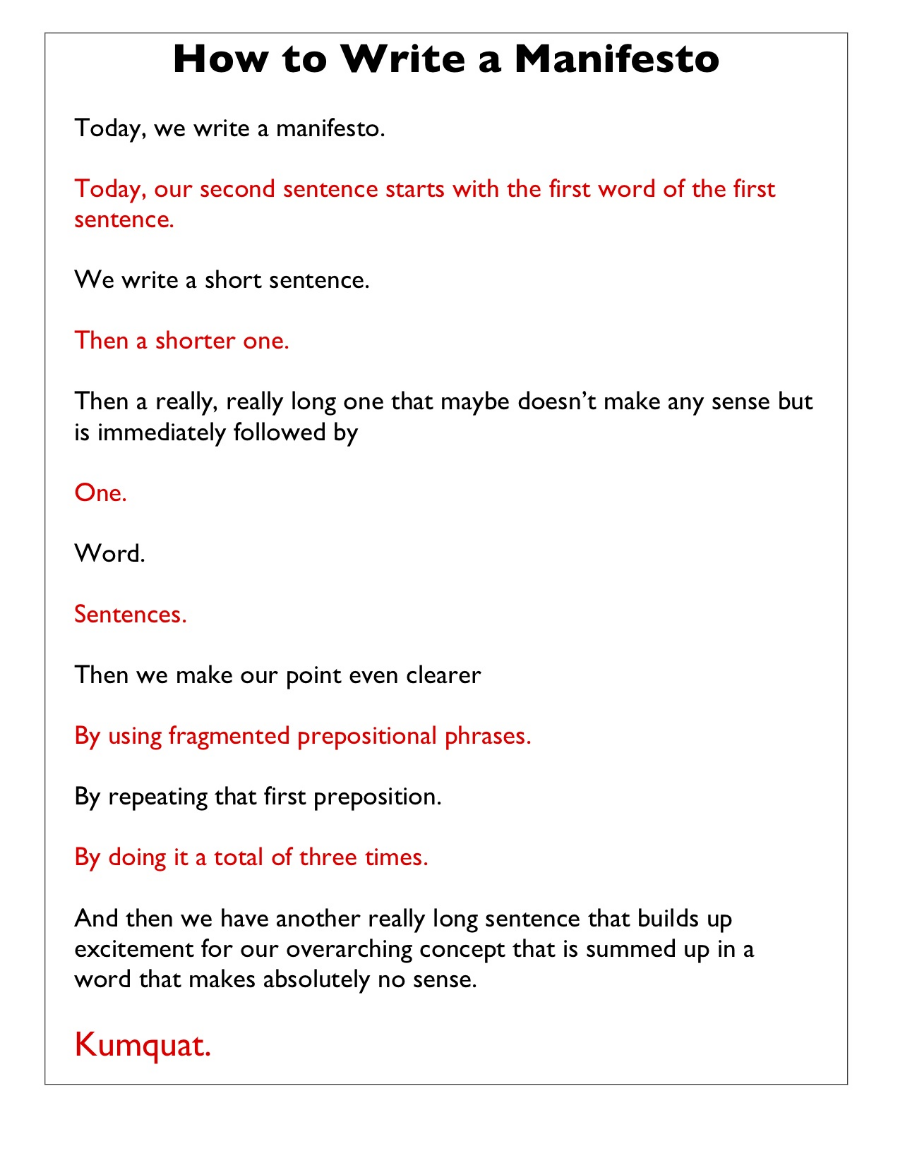My sister and my brother-in-law are locked in a continuous debate about which of the two of them is funnier. My sister maintains that her humour is “art humour” – creative, spontaneous, quick and witty. My brother-in-law is more a science man. He understands how humour works and sets up jokes five lines in advance in normal conversation. They have created an “art funny” and “science funny” dichotomy.

Which made this Wired story about a group of academics studying the nature of humour a pretty interesting read for me – and one that anybody who gets up and does public speaking where they attempt to be funny should take note.
This Venn Diagram could be the secret to understanding what makes funny funny.

There may be many types of humor, maybe as many kinds as there are variations in laughter, guffaws, hoots, and chortles. But [researcher, Peter] McGraw doesn’t think so. He has devised a simple, Grand Unified Theory of humor—in his words, “a parsimonious account of what makes things funny.” McGraw calls it the benign violation theory, and he insists that it can explain the function of every imaginable type of humor. And not just what makes things funny, but why certain things aren’t funny. “My theory also explains nervous laughter, racist or sexist jokes, and toilet humor,” he told his fellow humor researchers.
Coming up with an essential description of comedy isn’t just an intellectual exercise. If the BVT actually is an unerring predictor of what’s funny, it could be invaluable. It could have warned Groupon that its Super Bowl ad making light of Tibetan injustices would bomb. The Love Guru could’ve been axed before production began. Podium banter at the Oscars could be less excruciating. If someone could crack the humor code, they could get very rich. Or at least tenure.
And dare I say there may be less awkward pauses for laughter in sermons (even if I use humour in a sermon I never pause – just because there’s nothing worse than a pause and no laugh (it just beats out a laugh with no pause).
McGraw and Caleb Warren, a doctoral student, presented their elegantly simple formulation in the August 2010 issue of the journal Psychological Science. Their paper, “Benign Violations: Making Immoral Behavior Funny,” cited scores of philosophers, psychologists, and neuroscientists (as well as Mel Brooks and Carol Burnett).
Their theory is that the results of humour – laughter and amusement – come as a result of violations that are simultaneously seen as benign. Examples of “violations” include breaches of personal dignity, linguistic norms, social norms, and even moral norms. These violations must not pose a threat to the audience or their worldview.
I like this little sketch that went with the article too:

What do you think – is there any humour that falls outside of the “benign” category? I guess the outer limits of black humour might. Which may explain why some people don’t find it funny – benign is relative.















